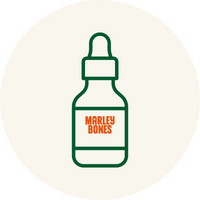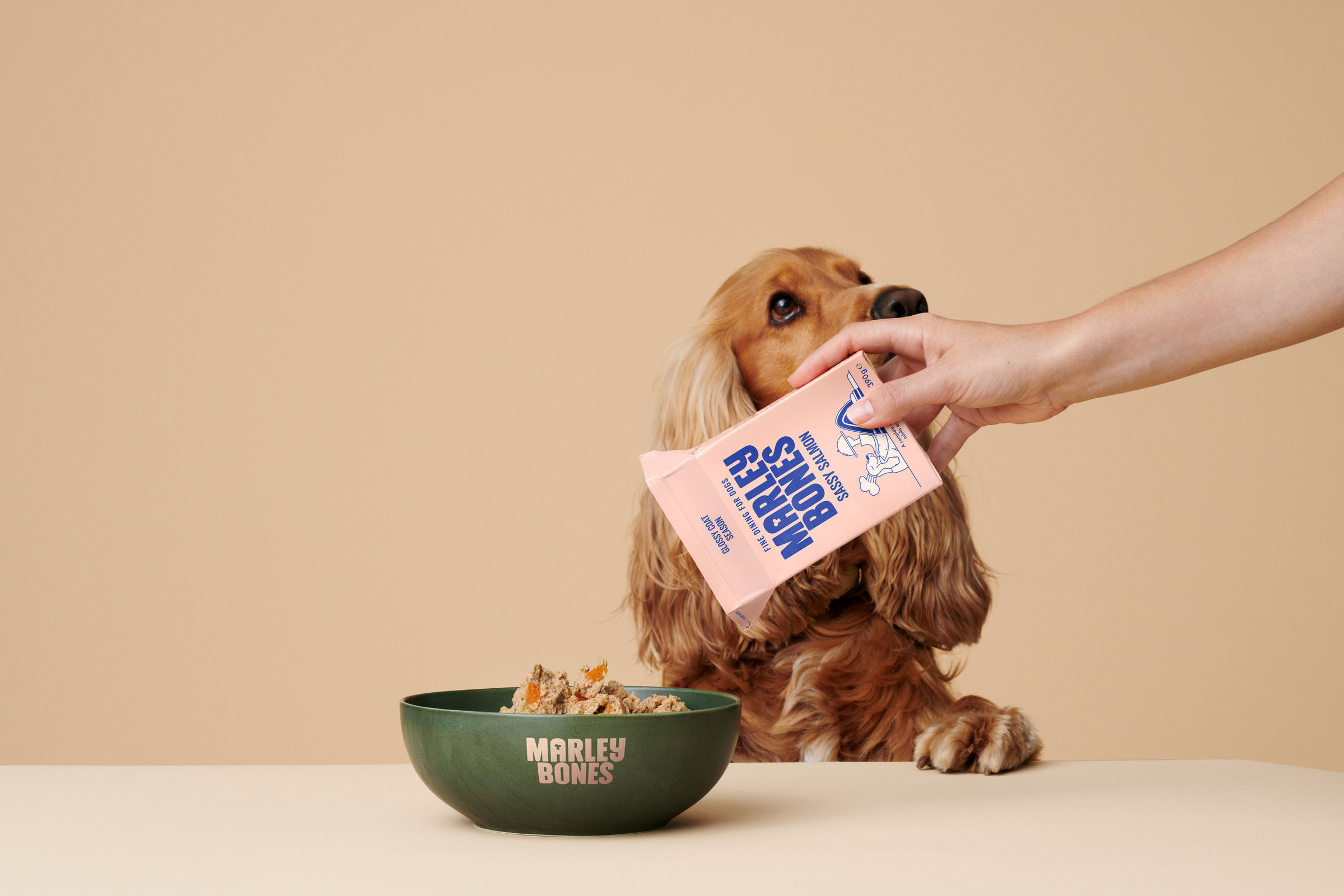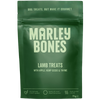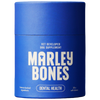Can Dogs Get Sunburn? How To Protect Your Pup
Spending time outside with your dog is one of the best parts of summer. But just like us, dogs can get sunburned – and the effects can go beyond a bit of redness. Without protection, their skin can suffer damage that may lead to irritation, long-term health issues, or even skin cancer.
Dogs with short or light-coloured coats, thin fur, or exposed skin are particularly at risk. Their noses, ears, bellies and inner thighs tend to be the most vulnerable. While it might not always be obvious your dog is sunburned, signs like red or flaky skin, discomfort when touched, or even hair loss in some cases, should prompt you to take action.
Understanding the risk and knowing how to prevent sunburn can help keep your dog safe and comfortable on sunny days.
Which Dogs Are More Likely To Get Sunburn?
Any dog can get sunburn, but those with pale skin, white fur, or naturally short coats are more at risk. Breeds like Dalmatians, Bulldogs, Boxers and Chinese Cresteds tend to need extra protection, as do dogs with hair loss from allergies or treatments.
Even if your dog has a thick coat, areas with less fur coverage – like the nose, ears and belly – are still sensitive to UV rays. So it’s worth being cautious even with dogs that don’t fit the typical high-risk profile.
How To Prevent Sunburn in Dogs
Prevention is far better than cure. The best way to protect your dog is by avoiding the sun during peak hours (usually 11am–3pm), staying in the shade, and applying dog-safe sunscreen to exposed areas.
Never use human sunscreen on dogs – ingredients like zinc oxide and PABA are toxic to pets. Look for pet-specific products instead. These are designed to be safe if your dog licks their skin, and many are water-resistant, making them a great choice for beach or lake days.
Light, UV-protective clothing can also offer physical protection, particularly for dogs with short or patchy coats. And as always, make sure your dog has fresh water nearby to avoid overheating.
Treating Dog Sun Burn: What To Do When It Happens
If your dog does get sunburned, act quickly. Gently apply a cool compress to the affected area to soothe the skin. Avoid using any human creams or lotions unless advised by your vet. Canine-safe sunburn creams or aloe vera products (vet-approved) can help reduce inflammation and promote healing.
In more serious cases – such as if you notice blisters, ongoing discomfort, or signs of infection – it’s important to contact your vet. They may prescribe pain relief, medicated creams or antibiotics to help your dog recover comfortably.

The Final Woof
Sun protection is just as important for your dog as it is for you. Whether you're heading to the park or enjoying a seaside walk, taking simple precautions can help prevent unnecessary pain and health issues for your pet.
With a little planning, you and your dog can make the most of the summer, safely and happily.













